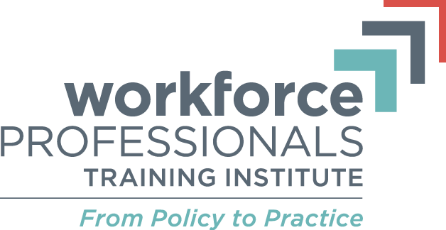In recognition of WPTI’s commitment to improving workplace mental health, the NYC Mayor’s Office of Community Mental Health (formerly known as ThriveNYC) and its Thrive in Your Workplace initiative have named WPTI a Workplace Mental Health Champion for 2021. The award recognizes WPTI as part of “a cadre of industry leaders who actively fight the stigma of mental health, support employee mental health, and promote access to mental healthcare.
